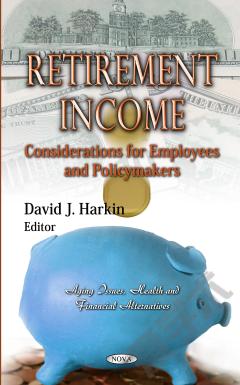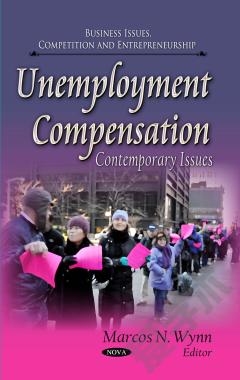Workers’ Compensation Insurance: A Primer
Workers’ compensation insurance covers nearly all workers in the U.S. and provides those who are injured or become ill as a result of work with medical treatment, a portion of lost wages, and a lump sum for some permanent impairments. Nonetheless, there are limitations to conducting studies that rely on workers’ compensation records since not all injuries and illnesses result in claims being filed. Furthermore, the data that are collected are not readily combined if obtained from multiple sources since requirements vary substantially among the states. This book was written to help describe elements of the workers’ compensation insurance programs in the U.S. and the potential to utilize the records for public health purposes. This book also focuses on several key policy issues facing the program, including the disproportionate share of claims and program costs attributed to postal workers, the payment of FECA benefits after retirement age, the overall level of FECA disability benefits as compared with those offered by the states, and the administration of the FECA program.
{{comment.content}}








 京公网安备 11010802027623号
京公网安备 11010802027623号